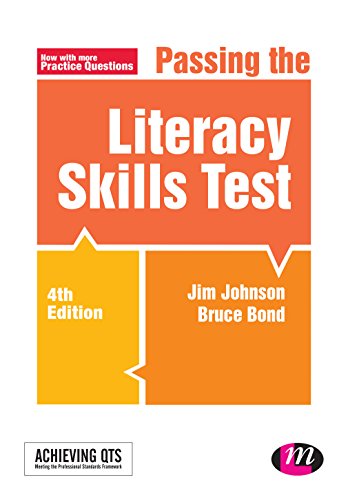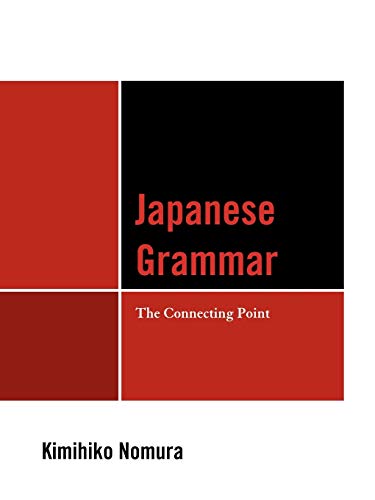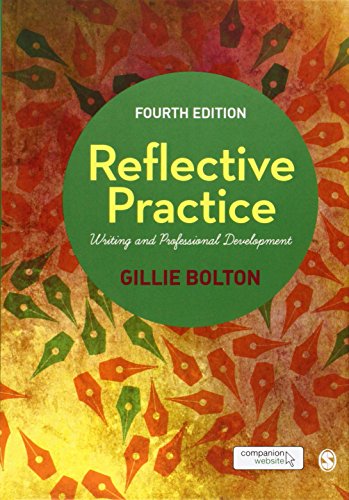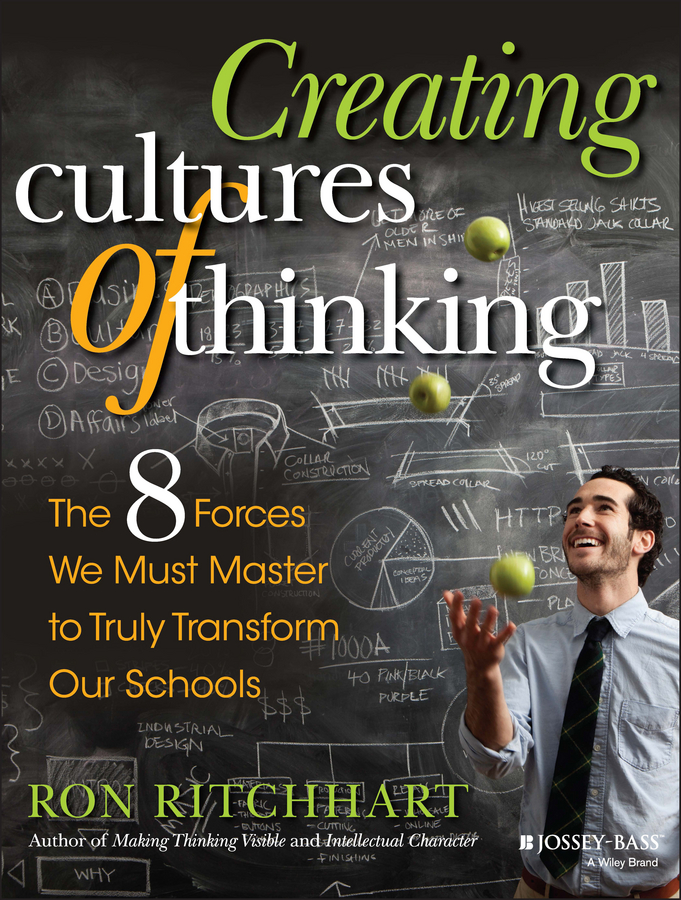
- Browse Category
Subjects
 We Begin at the EndLearn More
We Begin at the EndLearn More - Choice Picks
- Top 100 Free Books
- Blog
- Recently Added
- Submit your eBook
password reset instructions

Teaching in the Age of Disinformation makes a case for the importance of developing students’ intelligent habits of mind so that they become more discriminating consumers of the information that comes at them from the Internet, social media, television and the tabloid press in this “alternate truth” era. Part I sets the stage for the need for an informed citizenry, given the many and varied sources of disinformation that they are exposed to and what the implications are when they are unable to make such distinctions. Part II deals with the specifics of how teachers may develop curriculum activities that call for higher order thinking, within the many and diverse subject areas of elementary and secondary education. Hundreds of examples of curriculum activities are included, as well as suggestions for how teachers use higher order questioning strategies in classroom discussions to enable and promote student thinking. “A pleasure to read,” the book draws on the author’s long and extensive experience in teaching, writing and research with “teaching for thinking,” and offers teachers research-tested ways to incorporate the development of students’ intelligent habits of mind in their daily classroom work.
Less- Publication date
- Language
- ISBN
- July 8, 2018
- English
- 02b755da-f4e4-4ddc-86e5-4fa5b0637d64




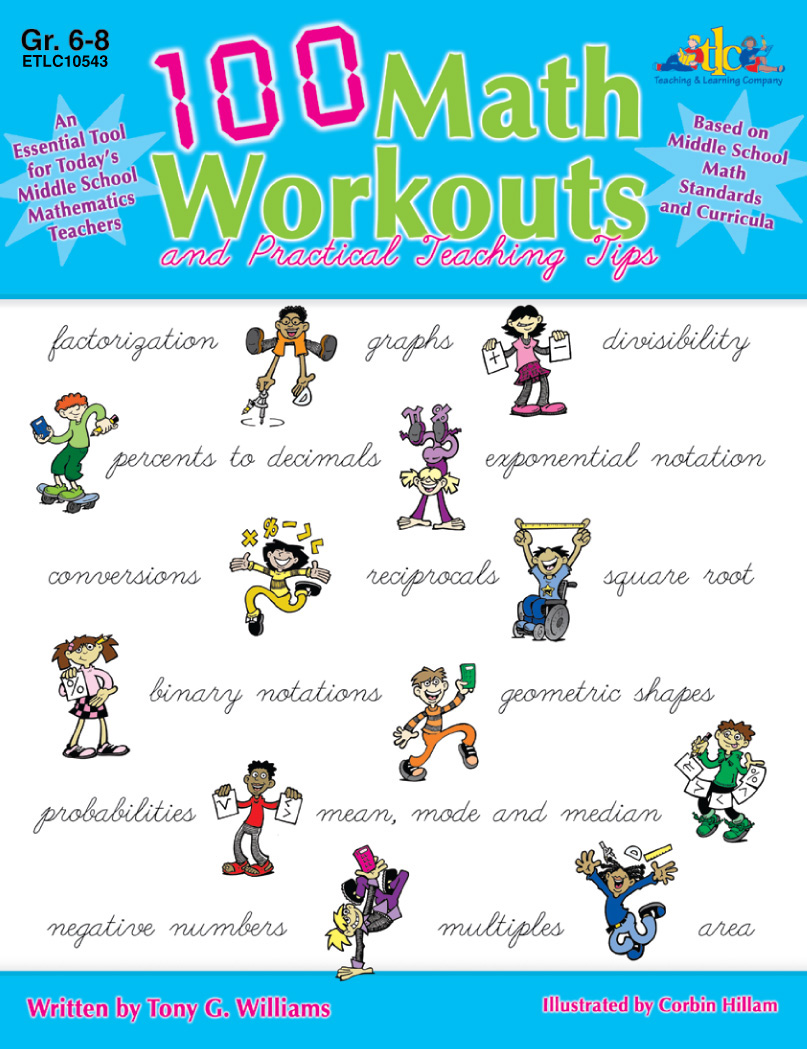
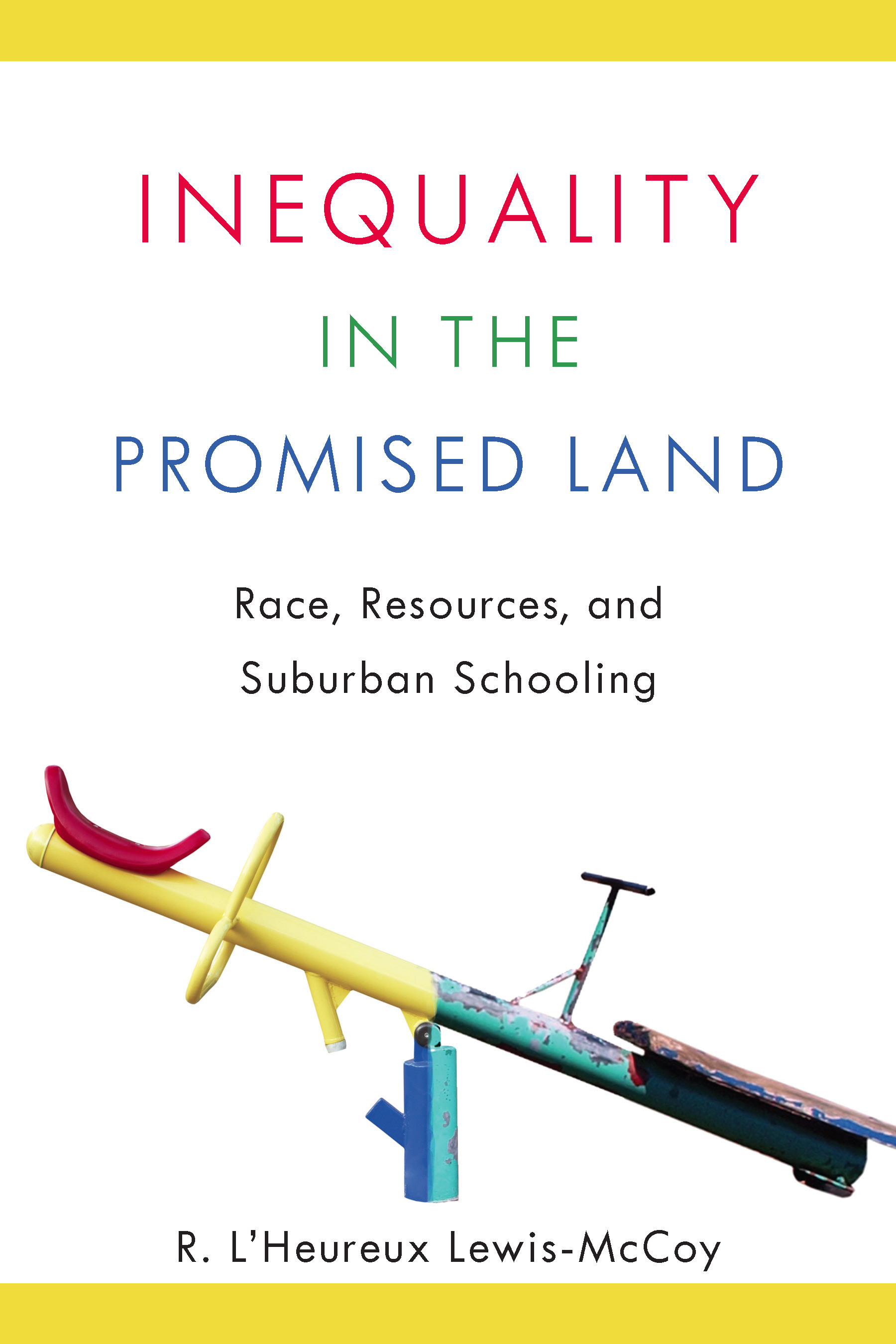
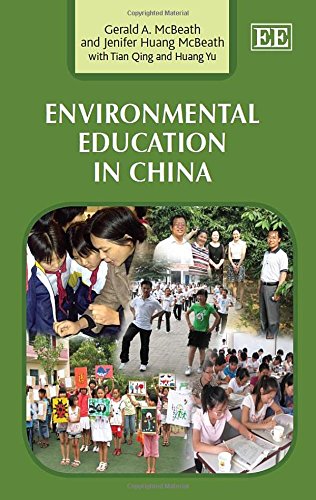

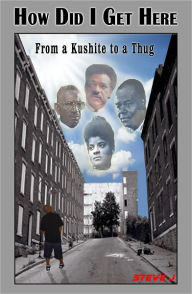
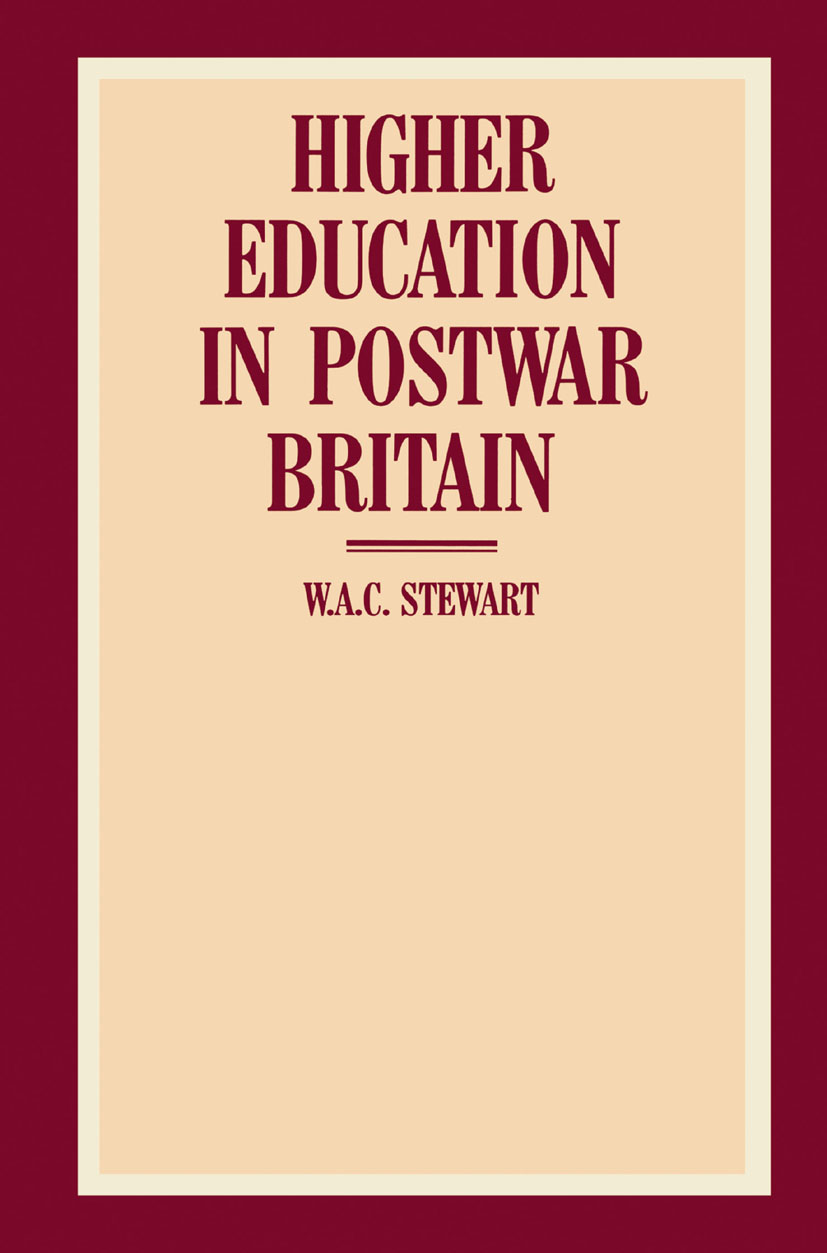


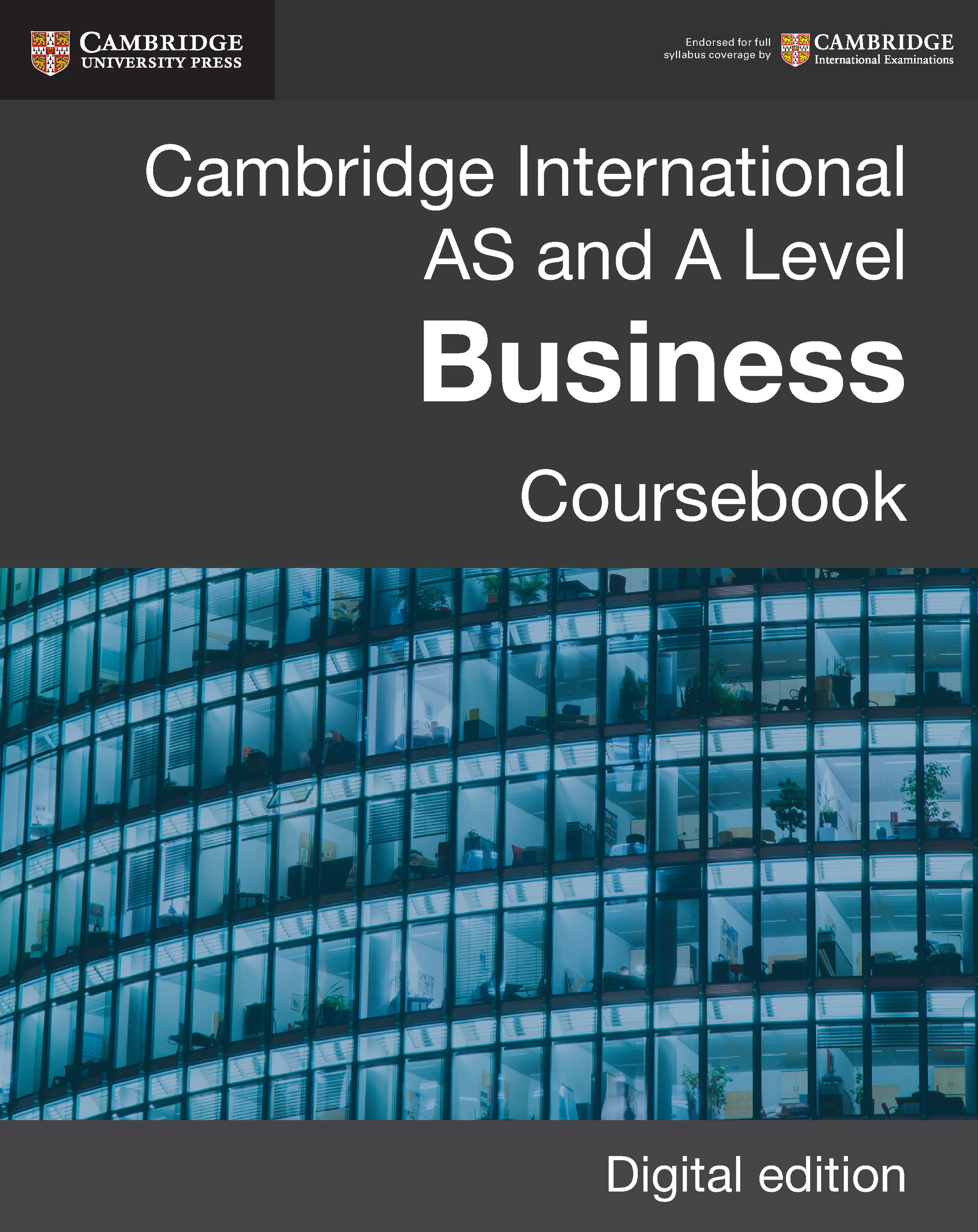
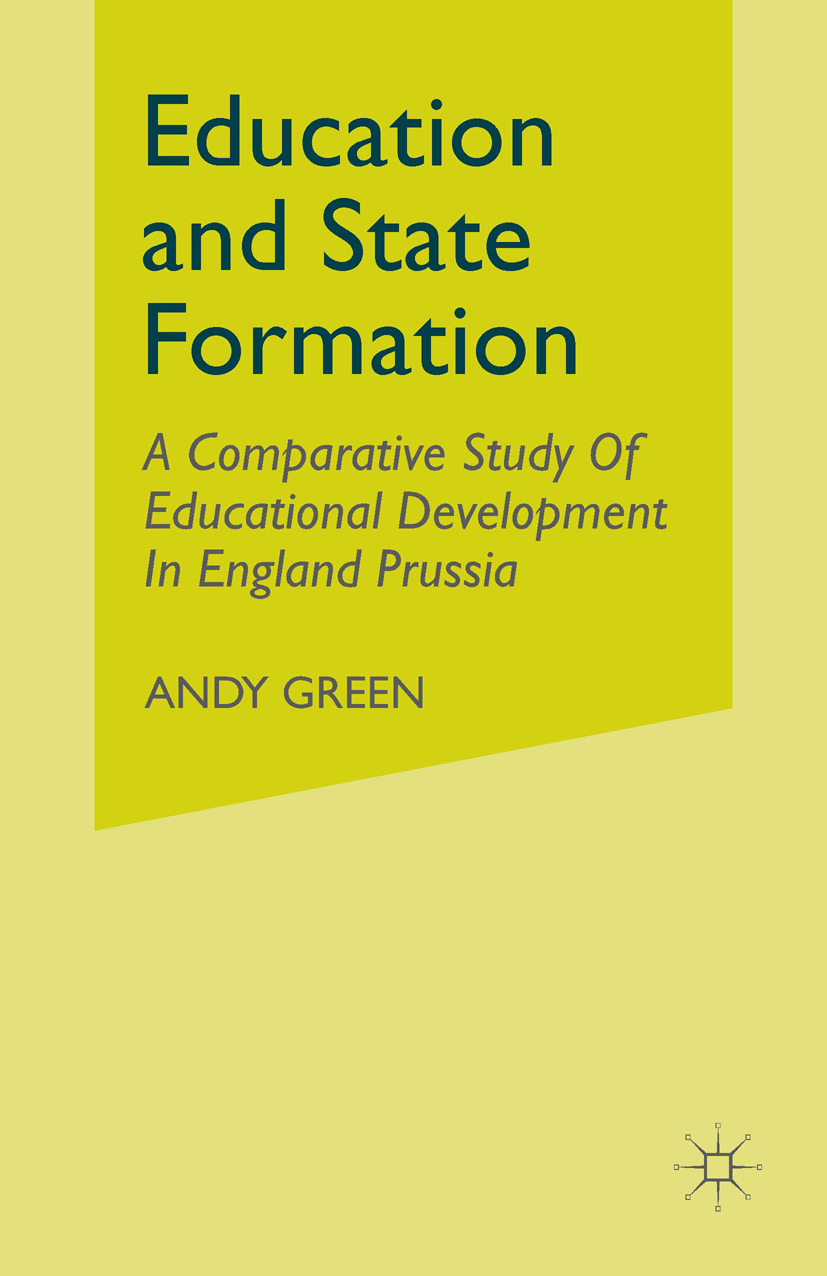
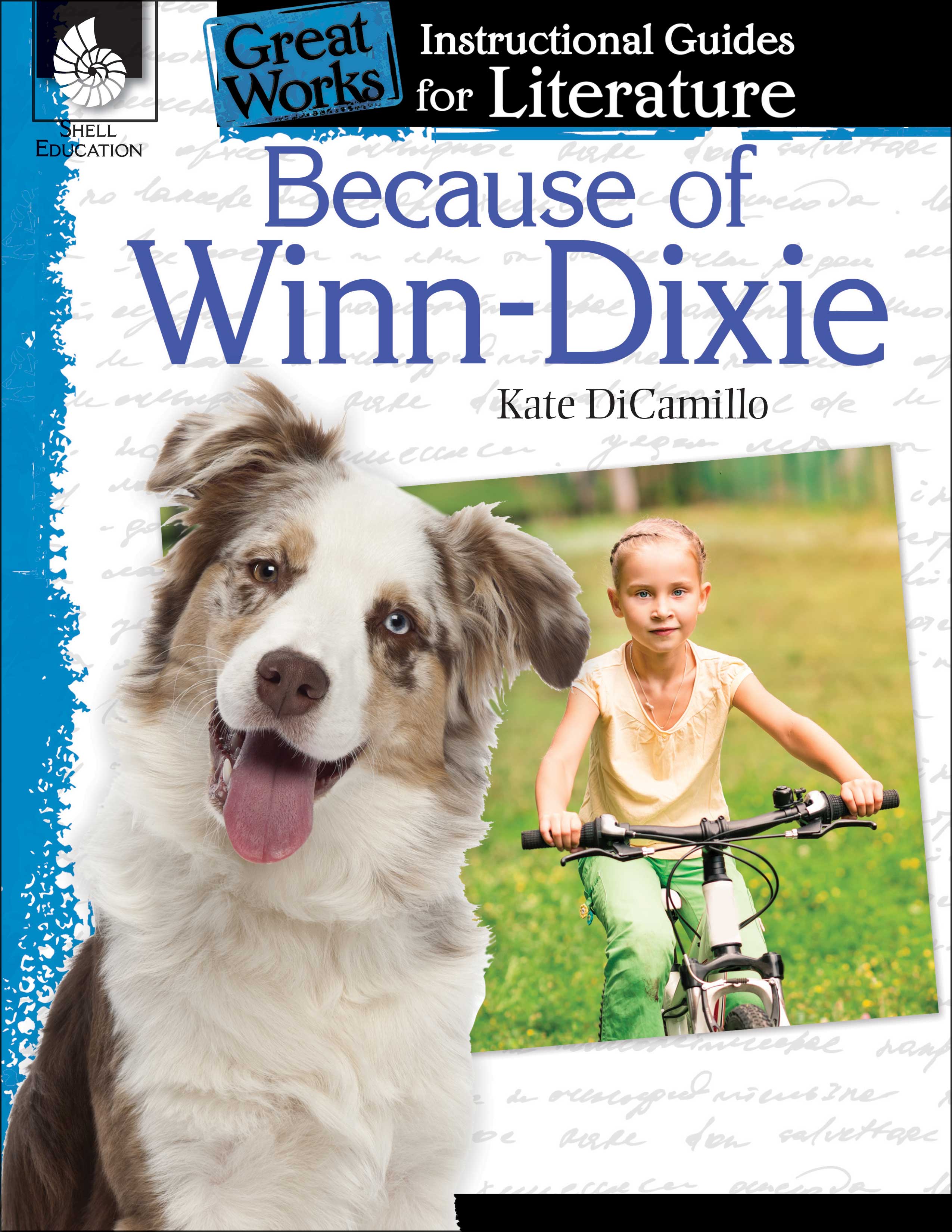
 Origini Della Lotta Attuale (476-1887); Quinta Edizione.jpeg)




